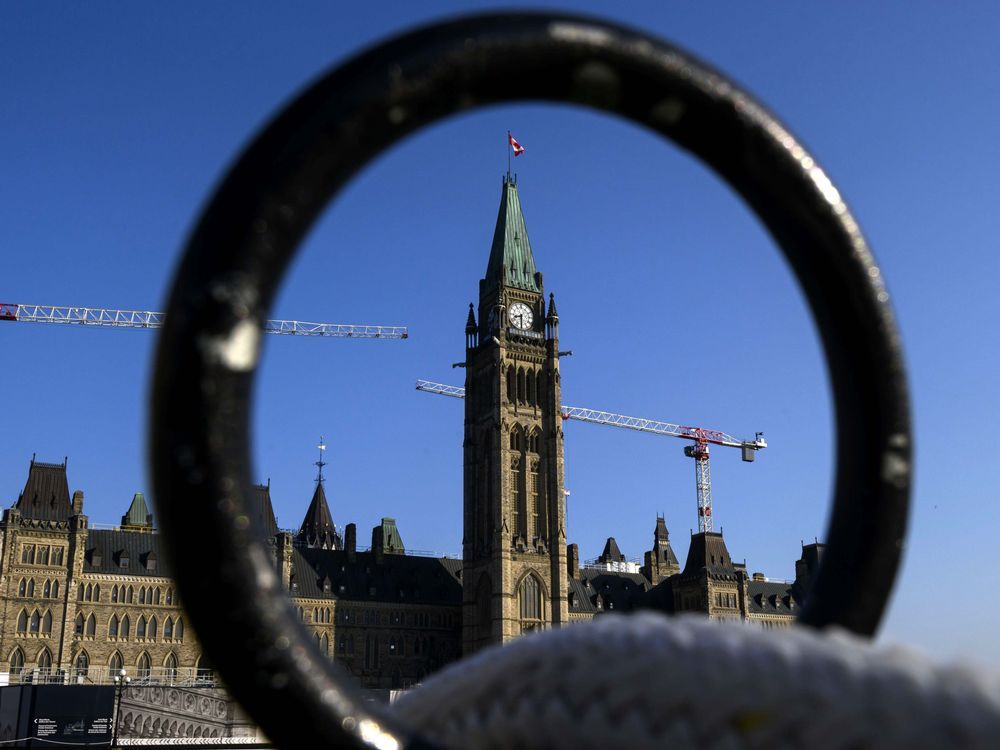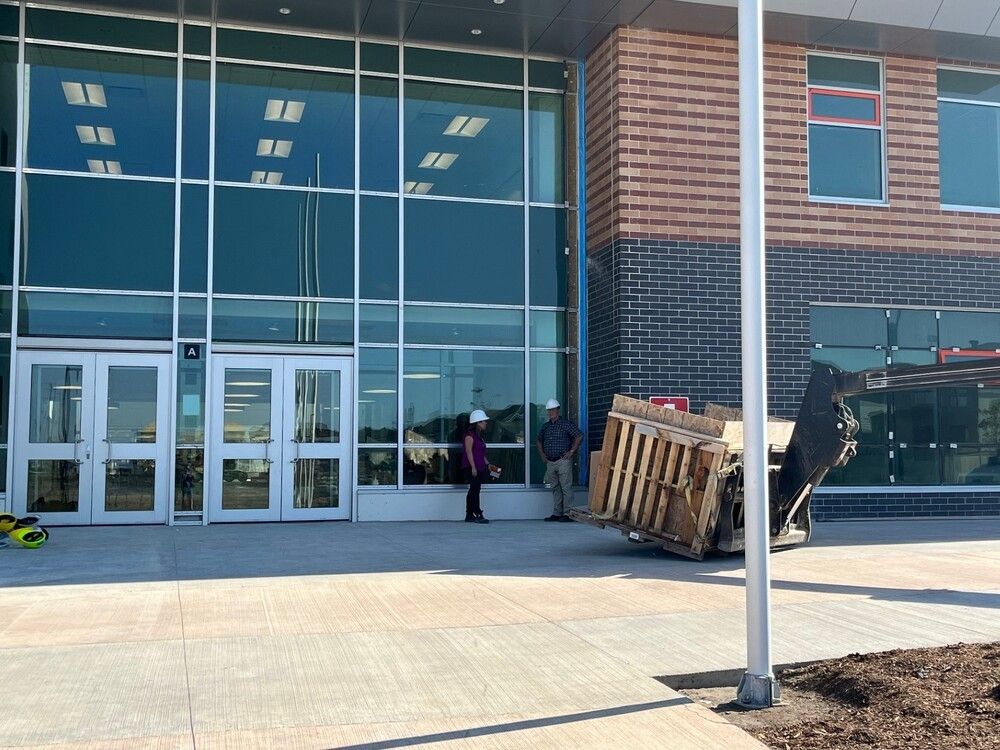Study's lead author says the 'shocking' results raise concerns about whether Canada's boreal forest can be relied on in the future to absorb more carbon than it emits
Author of the article:

The Canadian Press
Jordan Omstead
Published Aug 28, 2024 • 2 minute read

Planet-warming emissions released by Canada’s record-breaking 2023 wildfires were quadruple the country’s fossil fuel emissions for the previous year, and were surpassed only by the three most high-emitting countries, a new NASA study has found.
The study published Wednesday in the journal Nature says only China, India and the United States release more carbon per year than Canada’s 2023 wildfires did from May to September.
Advertisement 2
THIS CONTENT IS RESERVED FOR SUBSCRIBERS ONLY
Subscribe now to read the latest news in your city and across Canada.
- Unlimited online access to articles from across Canada with one account.
- Get exclusive access to the Vancouver Sun ePaper, an electronic replica of the print edition that you can share, download and comment on.
- Enjoy insights and behind-the-scenes analysis from our award-winning journalists.
- Support local journalists and the next generation of journalists.
- Daily puzzles including the New York Times Crossword.
SUBSCRIBE TO UNLOCK MORE ARTICLES
Subscribe now to read the latest news in your city and across Canada.
- Unlimited online access to articles from across Canada with one account.
- Get exclusive access to the Vancouver Sun ePaper, an electronic replica of the print edition that you can share, download and comment on.
- Enjoy insights and behind-the-scenes analysis from our award-winning journalists.
- Support local journalists and the next generation of journalists.
- Daily puzzles including the New York Times Crossword.
REGISTER / SIGN IN TO UNLOCK MORE ARTICLES
Create an account or sign in to continue with your reading experience.
- Access articles from across Canada with one account.
- Share your thoughts and join the conversation in the comments.
- Enjoy additional articles per month.
- Get email updates from your favourite authors.
Sign In or Create an Account
or
Article content
Lead author Brendan Byrne called the results “pretty shocking,” and said they raised concerns about whether Canada’s boreal forest can be relied on in the future to absorb more carbon than it emits.
“There’s a concern that the more frequent fires could really limit the ability of the forest to take up carbon,” said Byrne, a carbon cycle scientist at NASA’s Jet Propulsion Laboratory in California.
The study says extreme hot and dry conditions helped drive wildfires that burned through four per cent of Canada’s forest area and led to the evacuation of 232,000 people.
Climate models project that those conditions may become normal by mid-century and lead to increased fire activity.
That raises questions about one of humanity’s important allies in the fight to slow climate change.
Canada’s forests have long absorbed more carbon than they release and forests around the world are thought to absorb about 25 per cent of human-caused emissions. Increased fire activity, however, “will reduce the capacity of these Canadian forests to continue to act as a carbon sink,” the study says.
By signing up you consent to receive the above newsletter from Postmedia Network Inc.
Article content
Advertisement 3
Article content
Any reduction will then have to be reflected in global climate targets to limit global warming, Byrne said.
“If those ecosystems start releasing carbon, that’s not something you really account for and it’s not something that gets picked up in the Paris Agreement’s commitments to reduce emissions,” Byrne said.
How Canada accounts for wildfire emissions has drawn the ire of environmental groups in recent years.
The study notes Canada does not count wildfire emissions toward its national greenhouse gas emissions, a decision that differs from United Nations guidelines. Those guidelines suggest countries should treat all carbon emissions on managed lands as human caused.
Instead, Canada treats wildfires as natural disturbances.
Environmental groups have argued that accounting obfuscates the forestry industry’s climate impact. It is not charged with wildfire emissions but gets credited for emissions absorbed by forests once they are old enough to be harvested, even if they grew back after wildfires, the groups have argued.
Natural Resources Canada has said its forest sector reporting is backed by continuous scientific consultation and review.
Advertisement 4
Article content
In a shift this year, Canada’s greenhouse gas inventory report to the United Nations did for the first time report that the forestry sector had been emitting more carbon than it absorbs. The government said the revised number was based off new estimates that showed the logging industry had harvested a smaller area than assumed before 1990.
Nature Canada, an environmental charity, has called the shift “meaningful,” but said it still under-reported emissions.
Recommended from Editorial
-

B.C. Wildfire Map 2024: Updates on fire locations, evacuation alerts/orders
-

Jasper wildfire will cost insurers more than $880 million: Insurance Bureau of Canada
Article content
.png)
 3 weeks ago
15
3 weeks ago
15






























 Bengali (BD) ·
Bengali (BD) ·  English (US) ·
English (US) ·